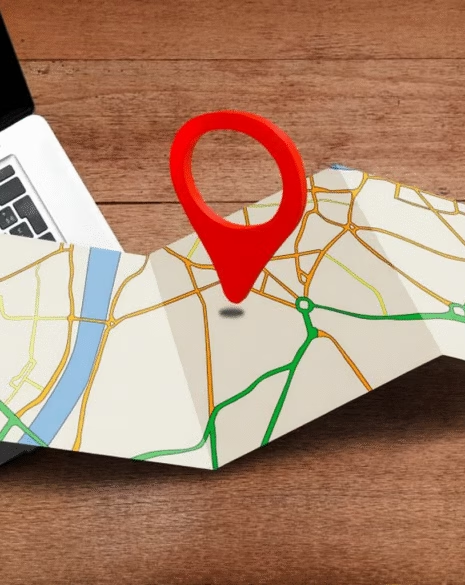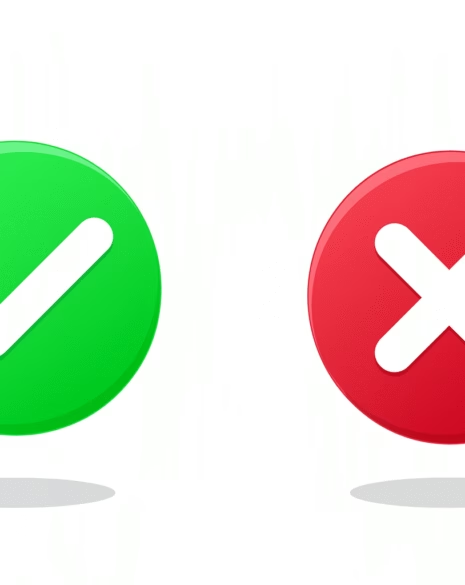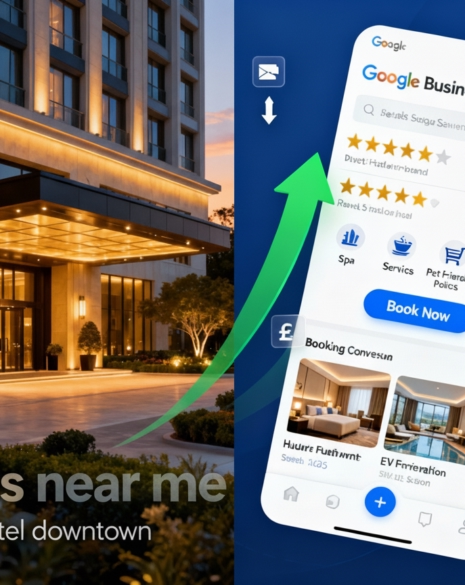Let’s be honest: most hotel blogs aren’t working. They’re either ghost towns of outdated travel tips or a grab bag of SEO buzzwords without direction. And more often than not, they fail to answer one essential question: how does this content help get more heads in beds?
That’s the litmus test. Because traffic means nothing without conversion. At Formula, we see blogging not as a content checkbox, but as a strategic tool — one that supports the booking journey, builds trust, and answers the exact questions your potential guests are asking before they’re ready to commit.
If your blog isn’t doing that, let’s fix it.
The Real Reason Most Hotel Blogs Miss the Mark
It’s not that hotel marketers don’t care — it’s that most haven’t been shown a better way. The typical approach tends to focus on keyword volume or seasonal topics (“Best Summer Activities in Cornwall”) without much thought to how that piece sits within the wider booking funnel.
And while those kinds of posts might pull in readers, they don’t necessarily pull in revenue. There’s often no strategic linking between a blog and the rooms page. No clear CTA. No cohesion between posts. It becomes content for content’s sake.
What’s missing is intent. Not just in the search engine sense — but in the sense of having a clear goal for every single piece you publish.
Blog Content That Supports the Booking Journey
At Formula, we start every hotel blog strategy with a simple question: Where does this sit in the guest’s decision-making journey?
Not every blog needs to sell. In fact, most shouldn’t. But each one should nudge the guest closer to a decision — whether that’s by inspiring them, informing them, or addressing an unspoken doubt.
For example, let’s say you run a boutique hotel that caters to couples looking for weekend getaways. A surface-level post titled “10 Romantic Restaurants Nearby” might tick the SEO box, but a piece called “Planning the Perfect Romantic Weekend in [Your Location] — With Our Favourite Hidden Spots” speaks more directly to a guest who’s weighing up your property against others.
That’s the difference between content that ranks and content that converts.
Topic Clusters Aren’t Just for Big Brands
One of the most effective ways to build a hotel blog strategy with real impact is by organising your content into topic clusters. You may have heard the term — it simply means grouping related content around a central theme, all connected to a main landing page.
Let’s say your hotel offers seasonal packages. Instead of one vague post on “Autumn Breaks,” you could develop a small cluster:
- A main landing page for autumn packages
- Supporting blogs like:
- “Why Autumn Is the Most Underrated Time to Visit [Location]”
- “The Local Autumn Events Our Guests Love Most”
- “What to Pack for a Cosy Autumn Stay at Our Hotel”
Each post subtly links back to the offer. Each one reinforces your expertise and strengthens your relevance in Google’s eyes. More importantly, it guides the guest through the decision — without shouting “book now!” every second line.
Design, SEO, and Storytelling Need to Work Together
A lot of hotel blogs forget they’re part of the website. If your blog feels like a bolt-on rather than a branded experience, you’ll struggle to build trust. The layout, tone, and visuals need to match your core site — and the content should never exist in isolation.
That means:
- Clean, fast-loading pages (Core Web Vitals are still a ranking factor — more at https://web.dev/vitals/)
- Consistent voice and tone (we recommend avoiding corporate speak or anything too travel-guide generic)
- Visuals that showcase your space and reflect your guest experience
- Strategic internal linking to your rooms, packages, or relevant landing pages
- Occasional external references — we like using data from https://www.thinkwithgoogle.com or hospitality insights from https://www.hotelmarketing.com — to add authority
Think of your blog as the conversation before the sale. It should feel helpful, considered, and human — not just optimised.
What Success Actually Looks Like
We get this question a lot: “How do we know if our blog is working?”
It’s not just about traffic spikes or post likes. A well-performing hotel blog contributes to goal completions. That might be a newsletter sign-up, a click to your rooms page, or — best case — a conversion from a mid-funnel blog straight into a direct booking.
In GA4, we recommend setting up content groupings and user paths so you can track where blog traffic flows next. Do readers bounce, or do they explore your rooms? Do they read more than one article in the same cluster? Are they booking within 7 days?
Those are the signals that matter.
Final Thought: Write Less, Strategise More
You don’t need to publish weekly to win. But you do need to publish with purpose. One well-planned, high-quality blog each month — one that answers a real guest question, links to your services, and positions your hotel clearly — is worth far more than five pieces of filler content.
At Formula, we help hotels do exactly that. Not just blog more — but blog better. Blog with bookings in mind.
Ready to rethink your content strategy? Start here






